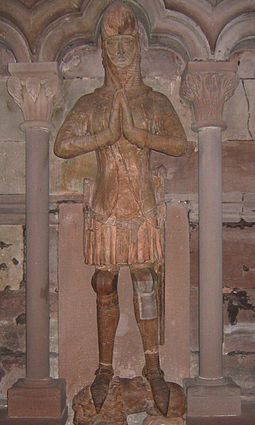Einige Bemerkungen zur gescheiterten Kronkandidatur Bertholds V. von Zähringen im März 1198
DOI:
https://doi.org/10.15170/SPMNNV.2015.08.04Keywords:
Holy Roman Empire, Staufer, Zähringer, Welfen, Berthold, Philipp of Swabia, Adolf of Altena, Bernhard of Saxony, German throne dispute 1198Abstract
Following the death of Emperor Henry VI on September 28th 1197 in Messina, Sicily, a dispute arose over the accession to the throne of the Holy Roman Empire. A large opposition to the Staufer dynasty, centred around the “kingmaker” Adolf I of Altena, the Archbishop of Cologne, refused to accept Frederick, the deceased emperor`s two-year-old son, as successor. As a result of this resistance, Philip, Henry VI’s brother and Duke of Swabia, declared his candidacy for the Roman-German throne. His election by the pro-Staufer party in Mühlhausen on March 8th 1198 finally led to his coronation in Mainz half a year later. Meanwhile, the anti-Staufer group of nobles searched for their own suitable counter-candidate. Before the election in Cologne on June 9th 1198 of Otto of Poitou, the son of the Welf Henry the Lion and the nephew of English king Richard Lionheart, Adolf of Altena looked for other alternatives. Besides Duke Bernhard of Saxony, who relinquished his candidacy fairly early on, another who took on this role was Berthold of Zähringen. The following essay will explore his candidacy.


